Should I Allow Tenants to Paint My Rental Property?
 When you take on a new tenant, one of the first things they’re likely to ask about is painting their rental unit. Most tenants want to feel as though the unit is their own, and choosing the color of the walls is one way of doing that. You can handle this situation better by preparing a response you can give to every tenant.
When you take on a new tenant, one of the first things they’re likely to ask about is painting their rental unit. Most tenants want to feel as though the unit is their own, and choosing the color of the walls is one way of doing that. You can handle this situation better by preparing a response you can give to every tenant.
When Must the Landlord Paint Each Rental Unit?
There are situations in which you’re required by law to repaint the walls in your rental units. Unless you work with a property management company, you may need to hire painters to do this for you. (more…)



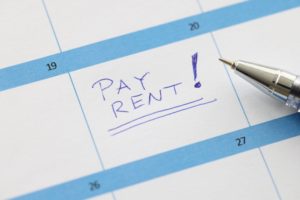 Paying rent on time is one of the most important qualities that
Paying rent on time is one of the most important qualities that One of the biggest priorities for
One of the biggest priorities for 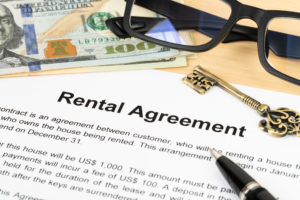 As a property owner, it’s important to address various potential issues in your lease or rental agreement to avoid misunderstandings. One issue you should consider is whether you’ll let your tenants sublet their rental units. While some landlords allow this practice, there are several good reasons to prohibit subletting in your lease.
As a property owner, it’s important to address various potential issues in your lease or rental agreement to avoid misunderstandings. One issue you should consider is whether you’ll let your tenants sublet their rental units. While some landlords allow this practice, there are several good reasons to prohibit subletting in your lease. 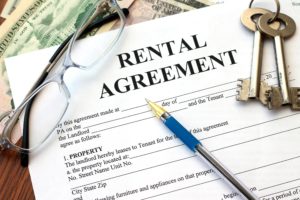 It’s a good idea to have every tenant sign a detailed rental agreement. When you write the agreement, there are some specific points you will want to include to better protect your property and yourself. These terms will affect your relationship with your tenants and how they use your property.
It’s a good idea to have every tenant sign a detailed rental agreement. When you write the agreement, there are some specific points you will want to include to better protect your property and yourself. These terms will affect your relationship with your tenants and how they use your property.  A rent roll is a record of your rental property’s history. It’s used for a variety of purposes. It tracks rental payments, late fees, lease terms, and due dates. The rent roll is effective in helping you make sure your property continues to generate enough income to remain profitable.
A rent roll is a record of your rental property’s history. It’s used for a variety of purposes. It tracks rental payments, late fees, lease terms, and due dates. The rent roll is effective in helping you make sure your property continues to generate enough income to remain profitable.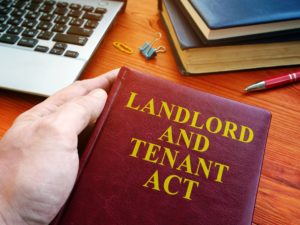 If you’re new to rental property ownership, you might be unfamiliar with the Section 8 program. This program is federally funded, but managed by local governments to ensure low-income families can obtain affordable housing.
If you’re new to rental property ownership, you might be unfamiliar with the Section 8 program. This program is federally funded, but managed by local governments to ensure low-income families can obtain affordable housing.  Your rental property can be a great source of passive income, but that doesn’t necessarily mean you won’t have to work for that revenue.
Your rental property can be a great source of passive income, but that doesn’t necessarily mean you won’t have to work for that revenue. 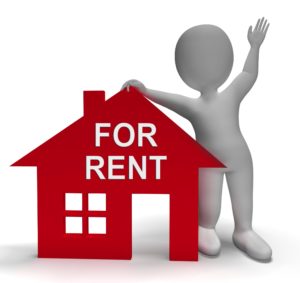 As a property owner, one of the responsibilities you have is to make sure your rental units meet safety standards. This usually consists of making minor improvements to the property to reduce the risk of accidents and injuries for your tenants.
As a property owner, one of the responsibilities you have is to make sure your rental units meet safety standards. This usually consists of making minor improvements to the property to reduce the risk of accidents and injuries for your tenants.